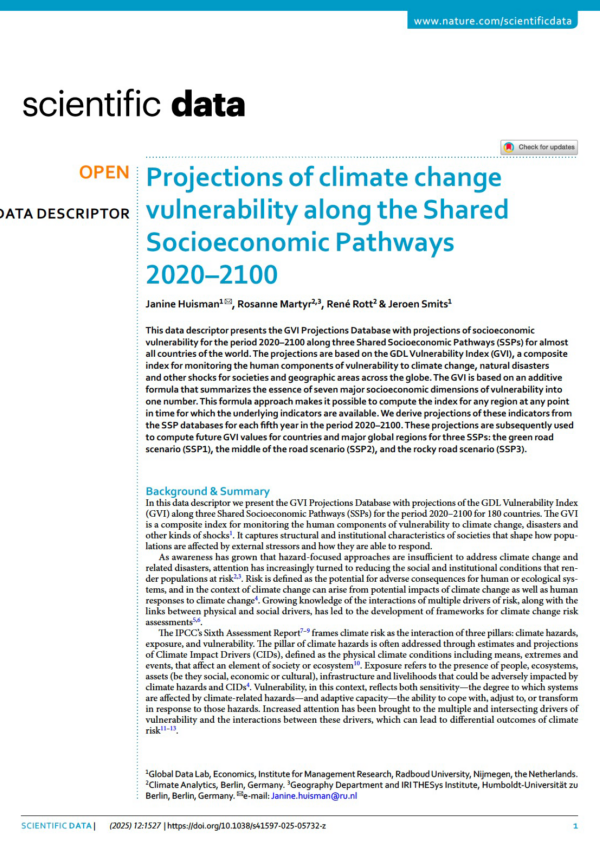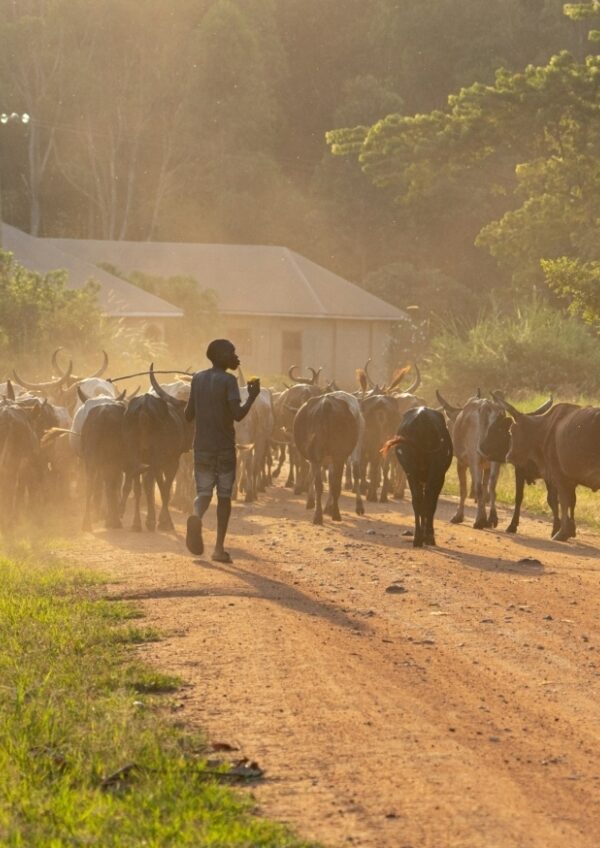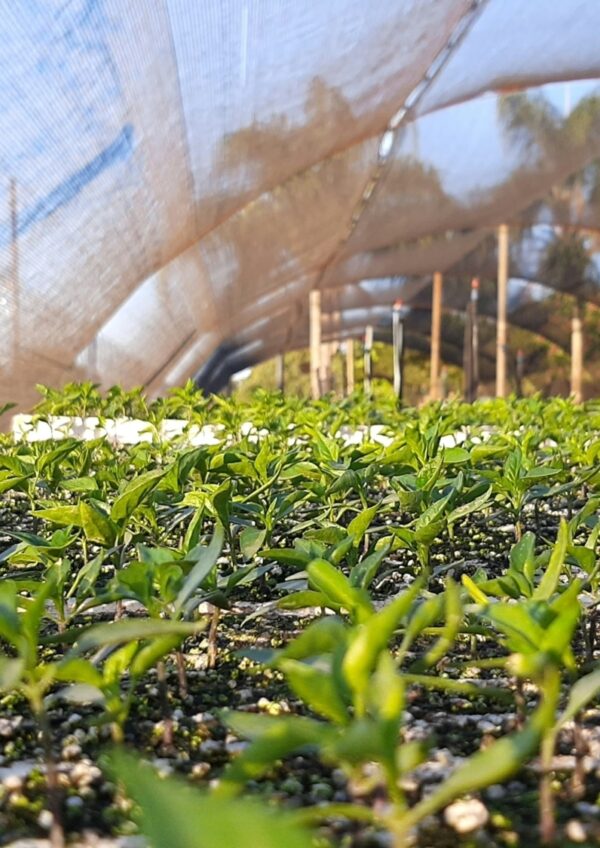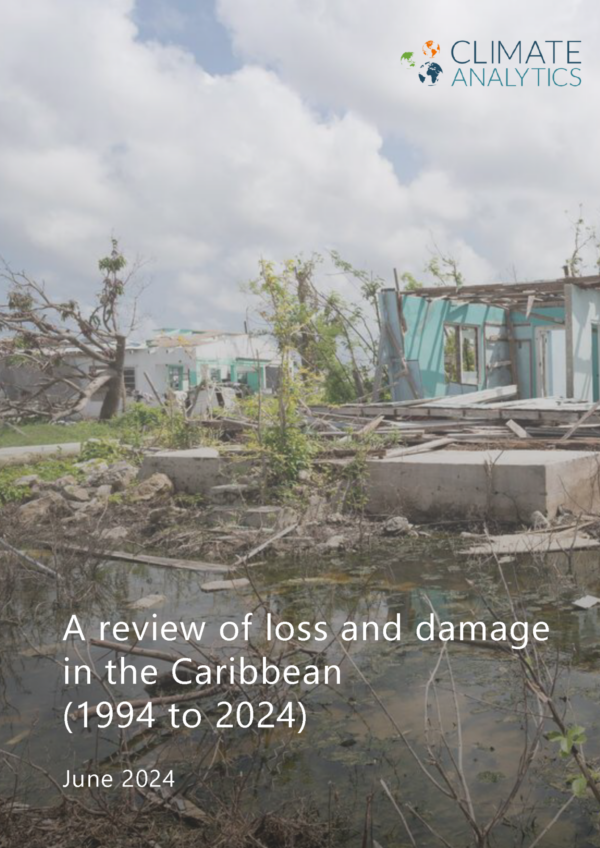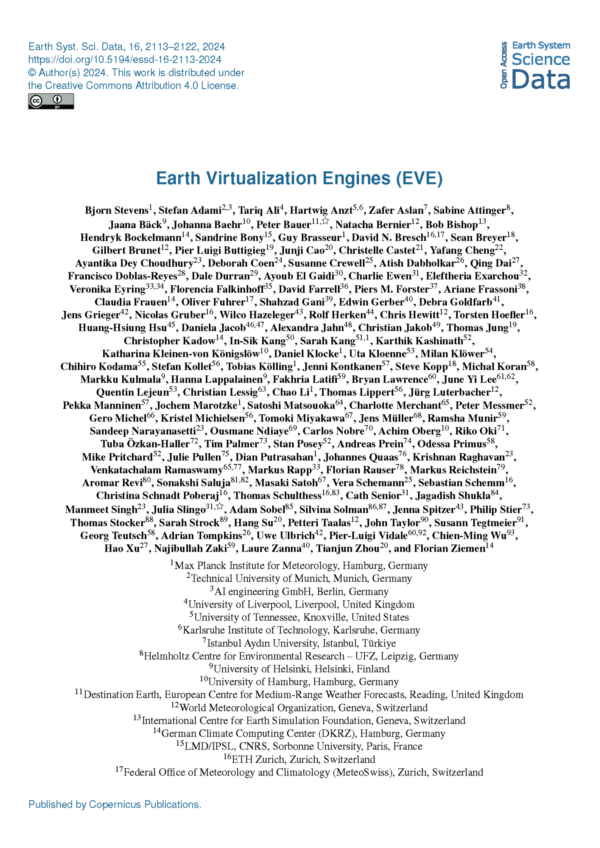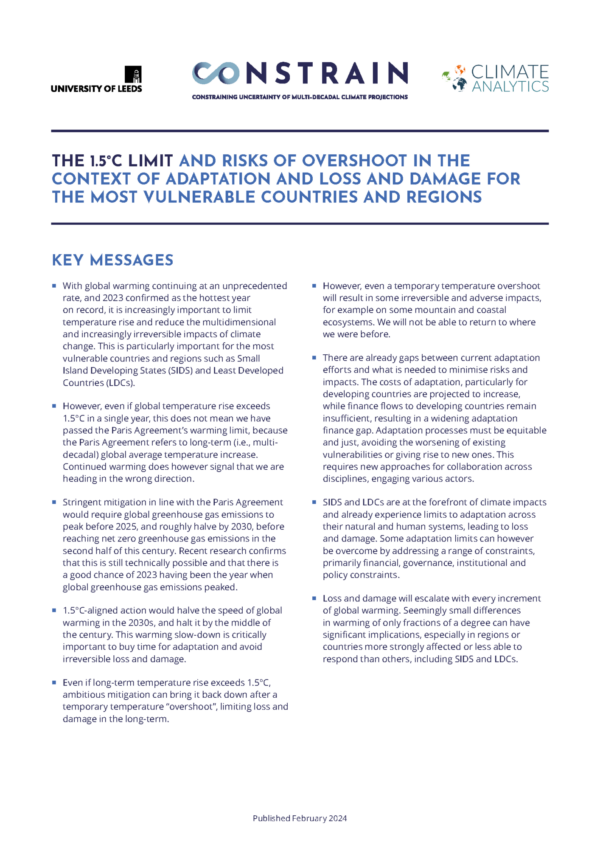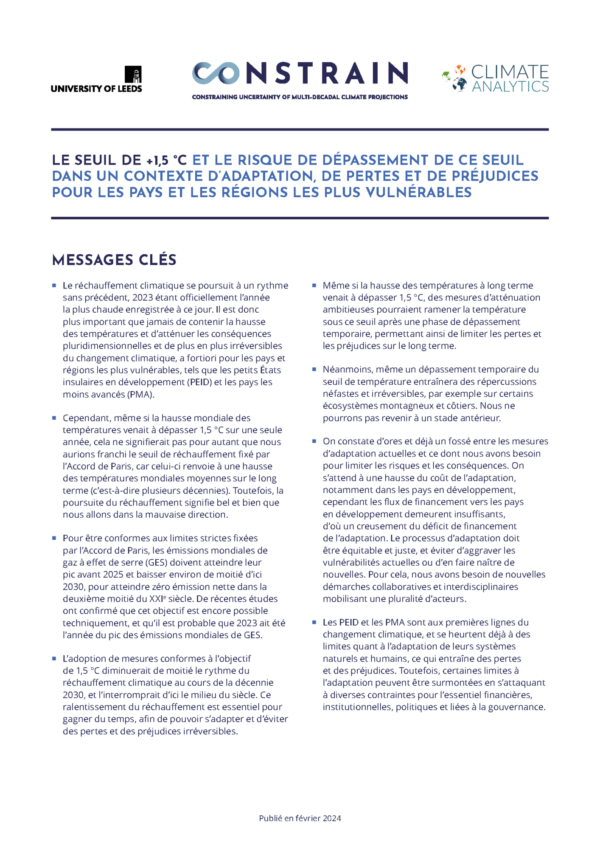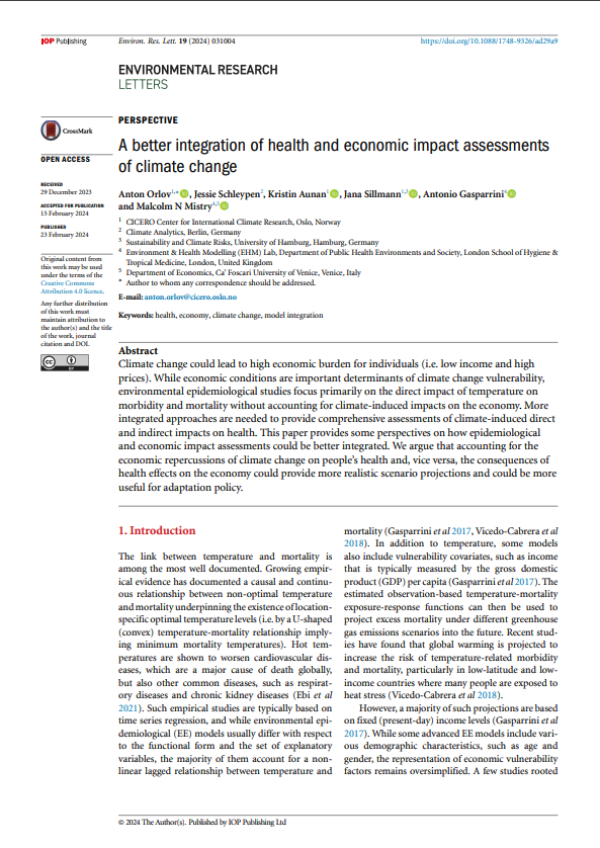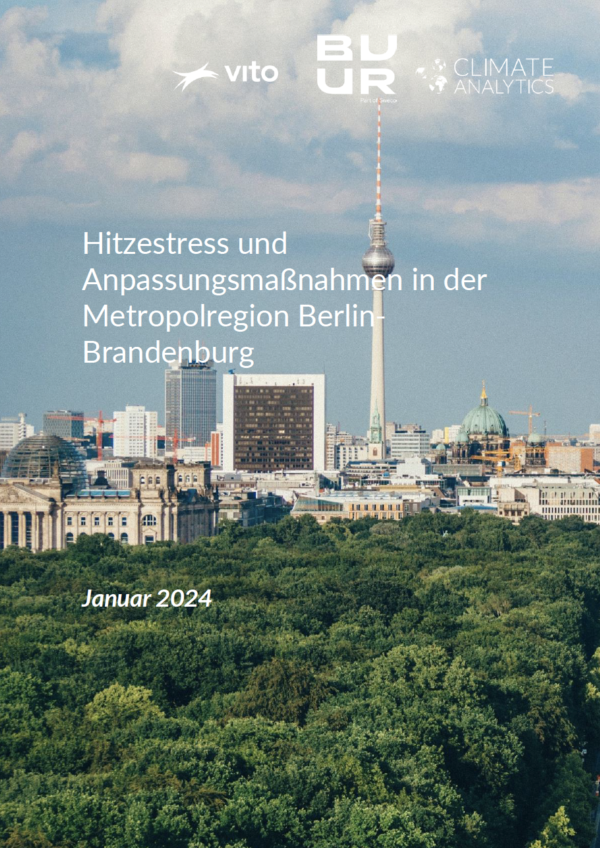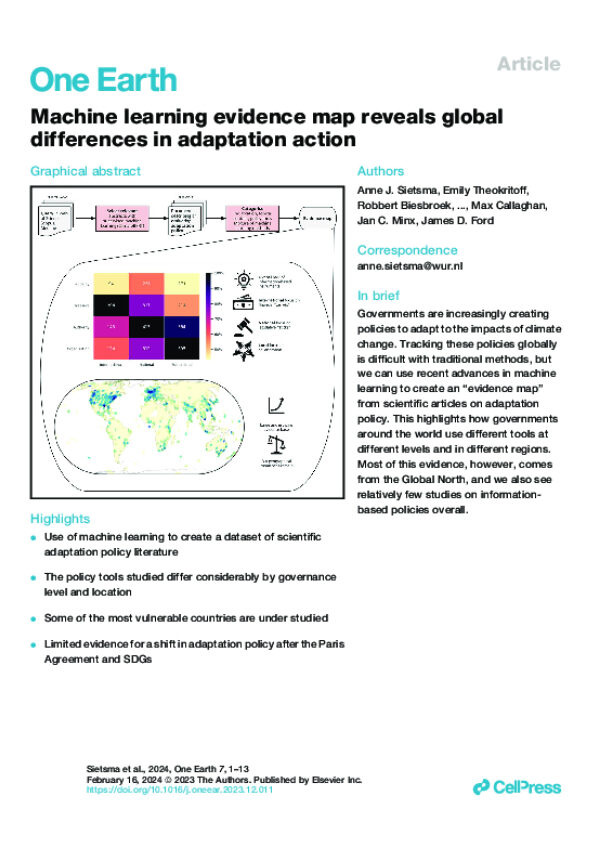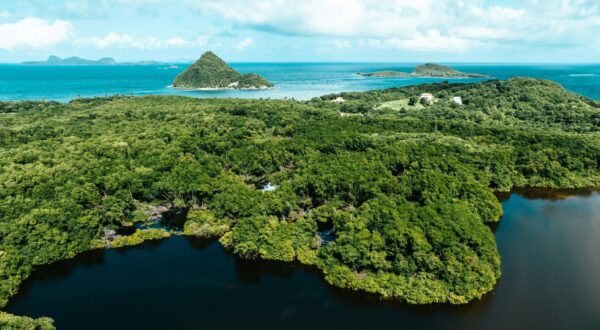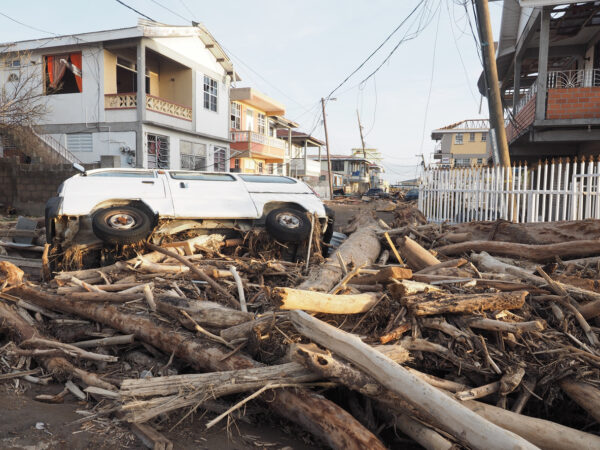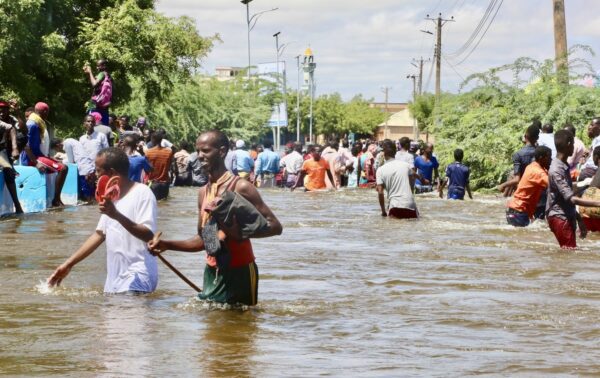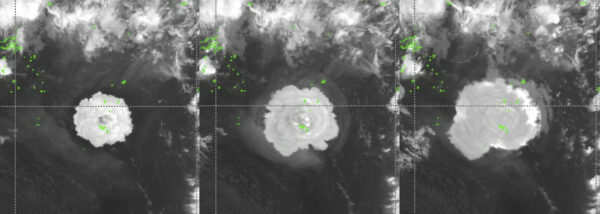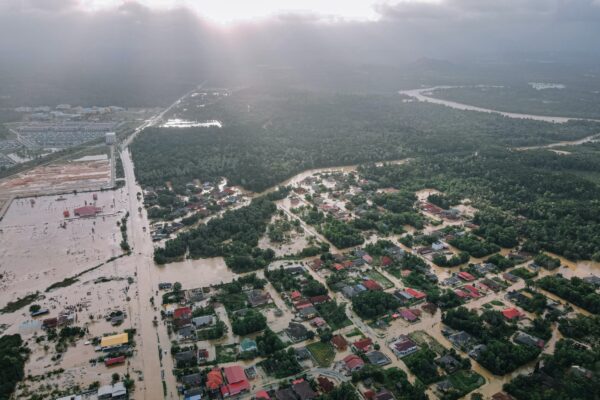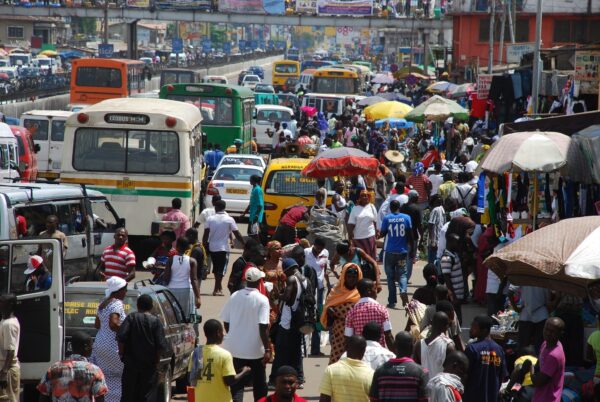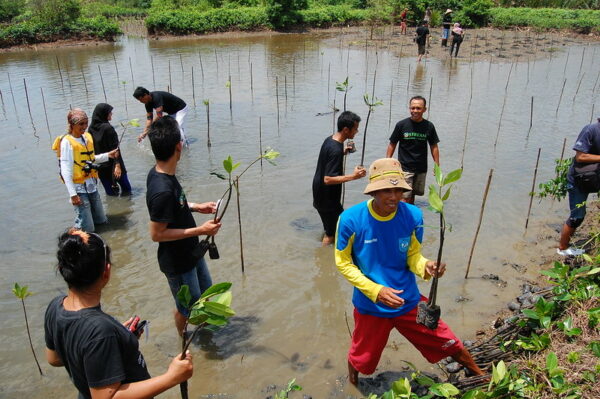Adaptation
Share
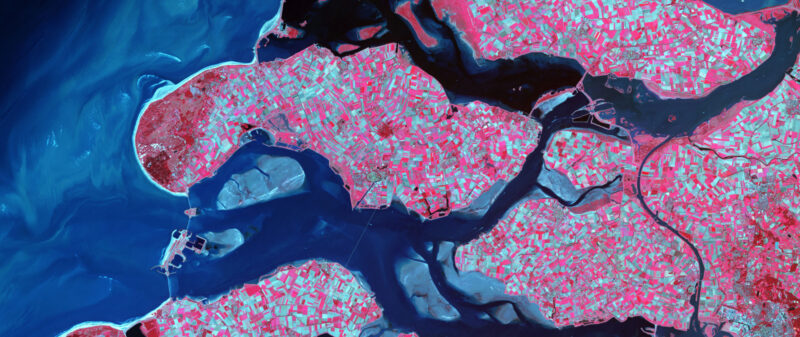
Climate change is happening now, and adaptation efforts are struggling to keep up. As global temperatures rise, adaptation will become harder, and in vulnerable places, limits will be reached. Adaptation has become an urgent priority for vulnerable countries.
We advise on adaptation planning with a special focus on transformational change to address long-term challenges. We also analyse the costs and effectiveness of different options to inform policymakers.
Scientific and technical expertise:
- local adaptation planning and policy options
- hard and soft limits for adaptation
- developing novel approaches to adaptation modelling
- transformational adaptation
Our experts

Dr Rosanne Martyr
Senior Scientist, Group Lead Adaptation and Loss and Damage

Sasha Jattansingh
Senior Adaptation and Loss and Damage Expert and Deputy Director of Climate Analytics Caribbean

Patrick Pringle
Pacific Senior Adaptation Expert

Winnie Khaemba
Adaptation Strategies Analyst
Projects

Building resilience to climate-related loss and damage in Pacific island countries
This project strengthens the resilience of Pacific Island nations by enhancing the understanding, measurement, and response to climate-related loss and damage – including non-economic losses. Through a community-driven approach, it develops tools, projections, and valuation methods to inform national priorities, improve access to climate finance, and safeguard the livelihoods and identities of affected communities.
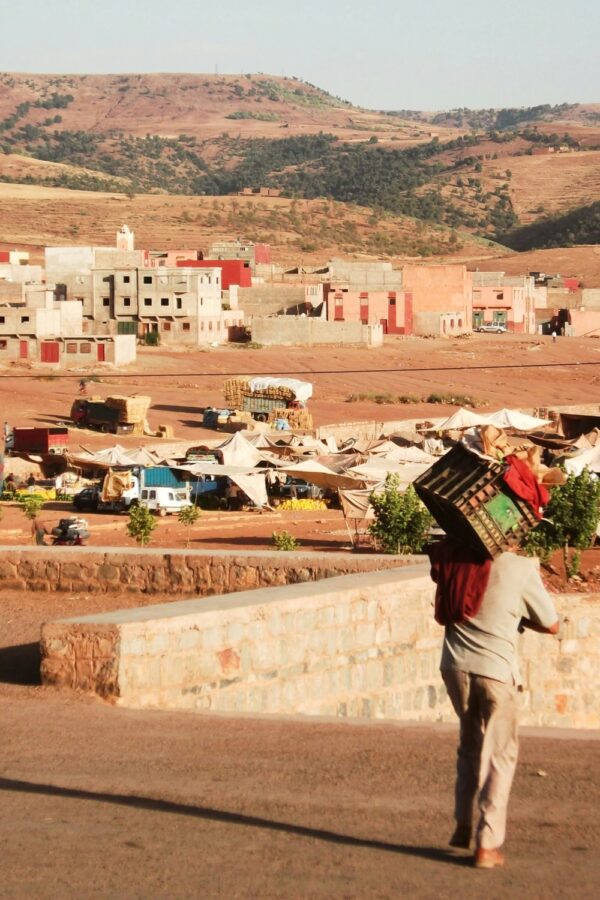
Mobilising adaptation finance: building capacity in Francophone North and sub-Saharan Africa
This programme aims to equip French-speaking African countries with the skills required to mobilise the finance they need to implement their climate change adaptation priorities.

What happens when you don’t, or can’t, migrate?
When climate impacts hit, there are those who don’t, or can’t, leave. The Immobility in a changing climate (ITHACA) project looks at the choices and constraints that lead to people’s immobility in the face of climate change, and what ramifications that has for their lives.

Strengthening Europe’s resilience to climate risks
Our work in this consortium examines the financial and socioeconomic consequences of climate change, assesses the potential for adaptation and adaptive capacity to support and build resilience in key sectors and regions across Europe, and supports the design of effective, equitable, and forward-looking adaptation strategies across Europe.

Long-term low emission, climate-resilient development strategies in Africa
This project aims to equip representatives from African countries with the knowledge, skills and networks needed to develop and implement long-term low emission development strategies. Here, we feature our work in Togo, Cote d’Ivoire and Benin.
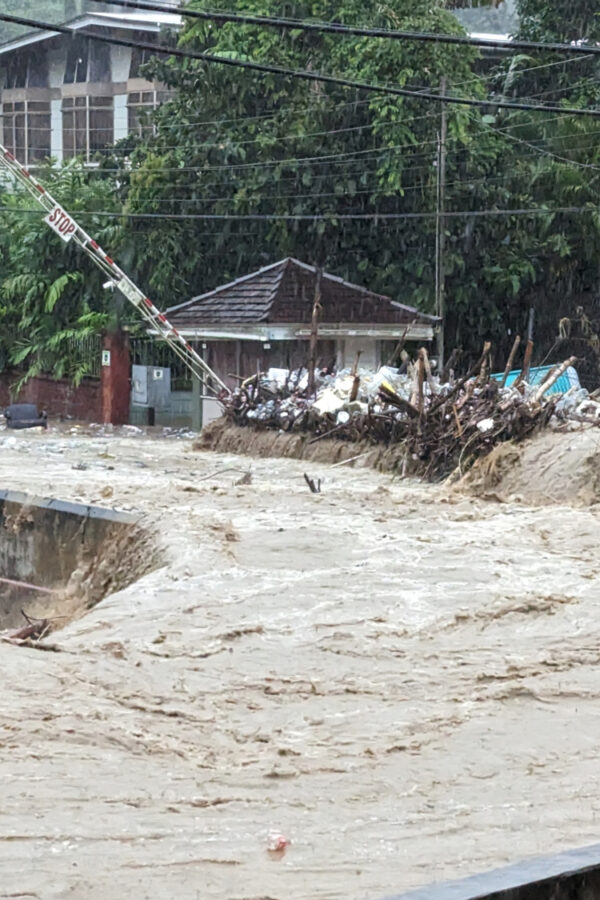
Empowering island communities to reduce future flooding impacts (FloodAdapTT)
This project aims to empower island communities to assess what risks they face from flooding under different climate scenarios and help them determine which adaptation strategies will work best for their circumstances.
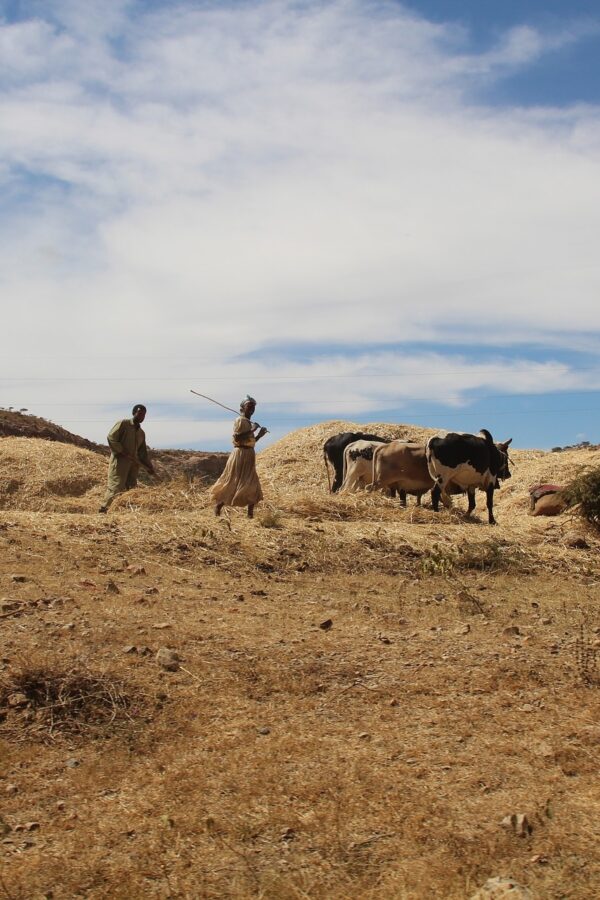
Risks of water and food insecurity in the Horn of Africa Drylands
The Horizon Europe funded project, Down2Earth, looks at future risks from water scarcity and food insecurity in vulnerable countries in the Horn of Africa Drylands and supports community-centered climate adaptation and resilience.

Understanding the climate impacts associated with temporarily overshooting 1.5°C
This project is working to develop the science around what the climate impacts of temporarily overshooting 1.5°C would mean for our climate.
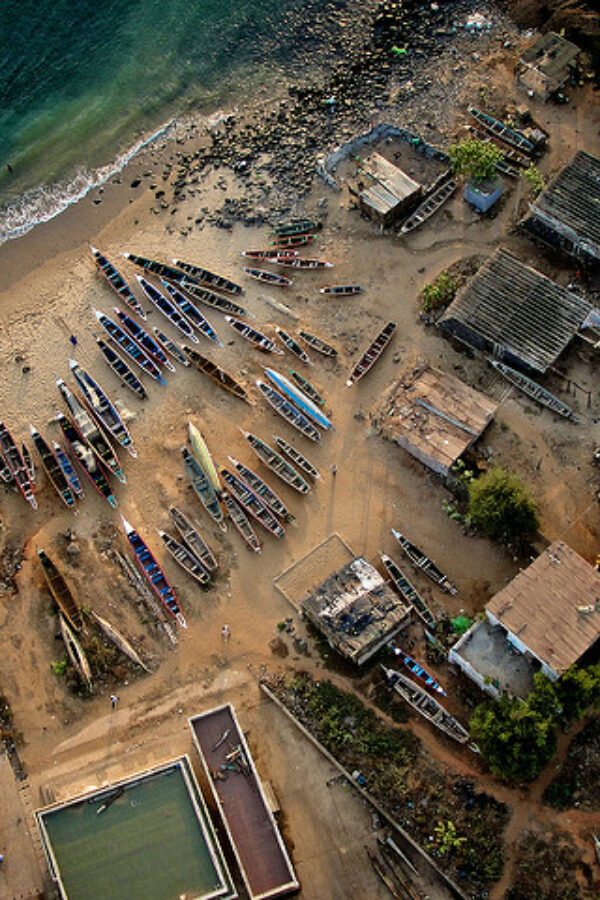
Science-based national adaptation planning in Sub-Saharan Africa

How do socioeconomic barriers inform limits to adaptation?
The EmBARK project investigates possible trajectories of socio-economic transformation processes and analyse their relevance as potential barriers to adaptation to climate change.

Climate risk, adaptation and insurance in the Caribbean
The Climate Risk Adaptation and Insurance in the Caribbean (CRAIC) project, led by Munich Climate Insurance Initiative, assists Caribbean countries in their efforts to increase social resilience and adapt to climate change by incorporating climate risk insurance within a broader framework of disaster risk reduction strategies.
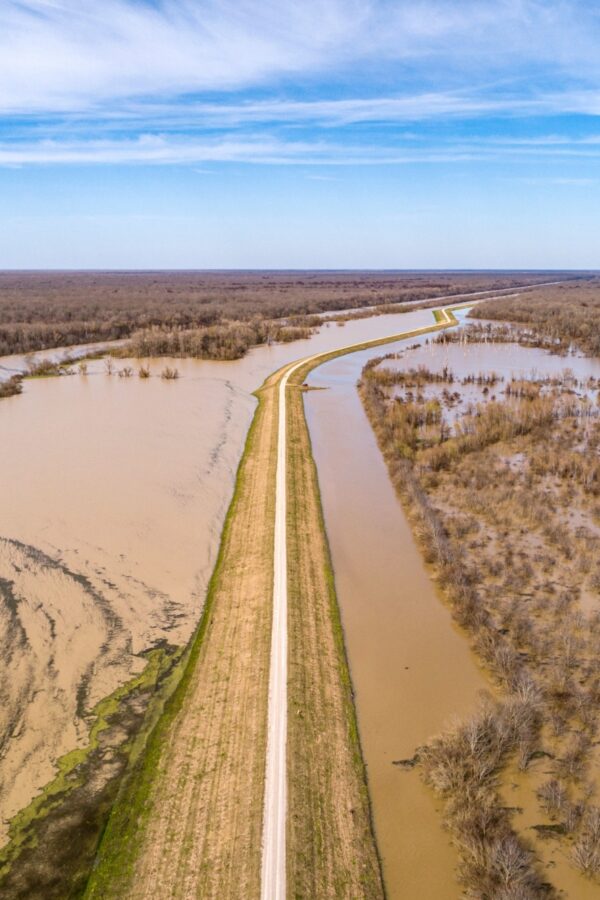
Climate vulnerability monitor
The Climate Vulnerability Monitor, funded by the UN and spearheaded by the Climate Vulnerability Forum, aims to develop a global report and tool exploring climate change impacts, with a particular focus on the world’s most vulnerable countries. Climate Analytics leads the science consortium for this project.

IMPACT
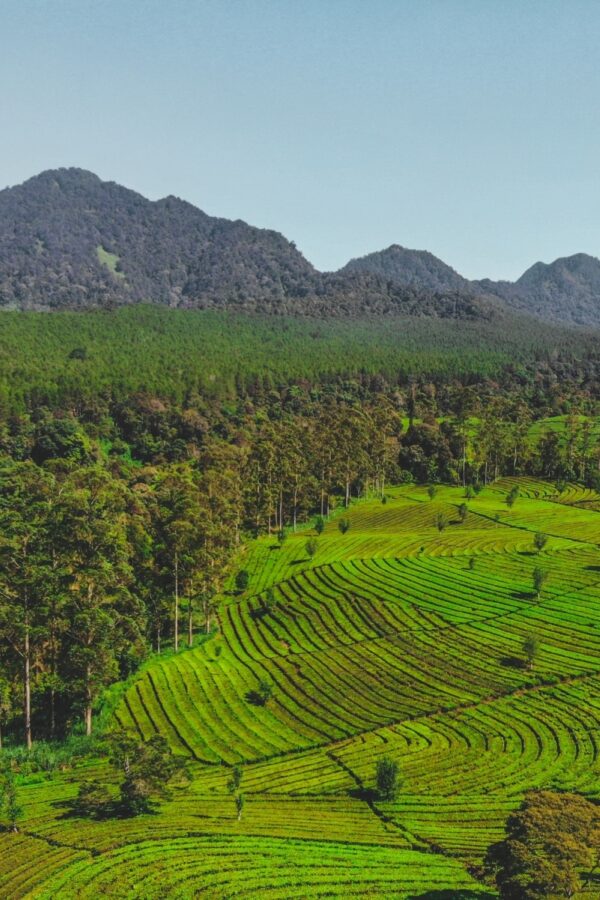
Land management strategies to mitigate and adapt to climate change
The project aims to investigate how changes in land cover and land management can help to meet the mitigation and adaptation objectives of the Paris Agreement, and the Sustainable Development Goals.

Climate change risk analysis to support the Network for Greening the Financial System
The Network of Central Banks and Supervisors for Greening the Financial System (NGFS) is a voluntary group of banks and supervisors that aim to share best practices on climate risk management in the financial sector and to mobilise mainstream finance to promote the transition to a sustainable economy. Climate Analytics contributes to this work by providing estimates of risk from climate change impacts using future climate projections and makes them publicly available through the Climate Impact Explorer online tool.

Projet d’Appui Scientifique aux processus de Plans Nationaux d’Adaptation
Ce projet soutient les Pays les Moins Avancés (PMA) de l’Afrique subsaharienne dans leurs processus de formulation de Plans Nationaux d’Adaptation (PNA). Il se déroule au Bénin, au Sénégal et au Burkina Faso, où les partenaires principaux sont les ministères nationaux chargés du changement climatique.

Assessing the differences in climate impacts between 1.5°C and 2°C

Turn down the heat report series
From 2012 to 2014 we authored a series of reports for the World Bank looking at the impacts of climate change in a 4°C world with an emphasis on the impacts for the most vulnerable.

High-Level support for LDCs and SIDS on climate change
The HLSM High-Level Support Mechanism for LDC and SIDS on Climate Change project creates a support mechanism for high-level political representatives and their advisors from LDCs and SIDS that is demand-driven, responsive to ongoing needs and firmly rooted in the respective regions.

SURVIVE
SURVIVE, a joint project between Climate Analytics and the Potsdam Institute for Climate Impact Research (PIK) supports Small Island Developing States (SIDS) and Least Developed Countries (LDCs) in the international climate change negotiations.
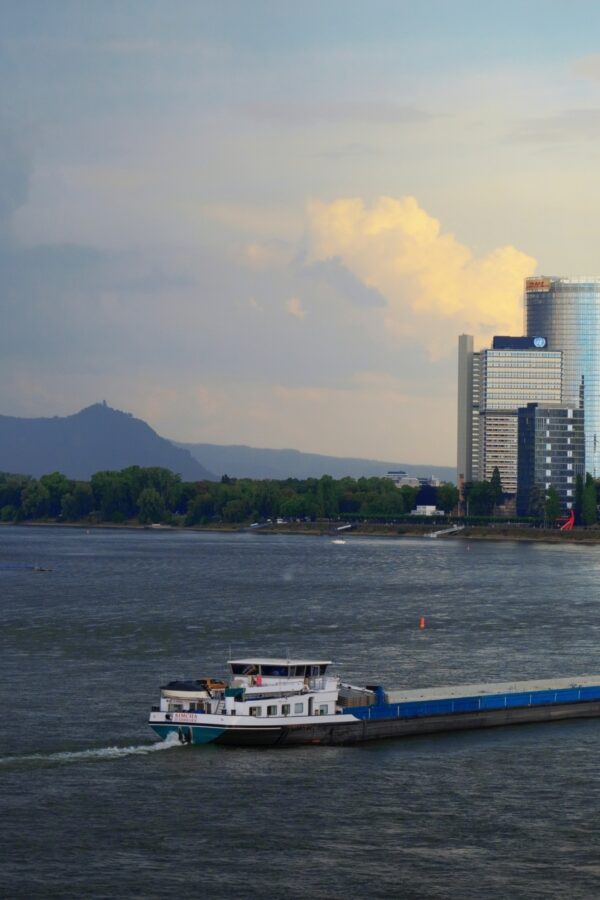
PREVENT
PREVENT is built around a team of experienced climate scientists and analysts, whose objective is to provide science, policy, strategic and analytical support for delegations of the Least Developed Countries and Small Island Developing States.
